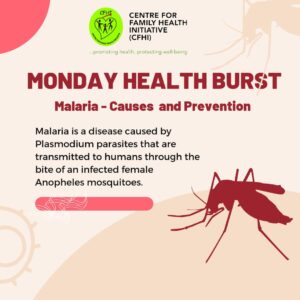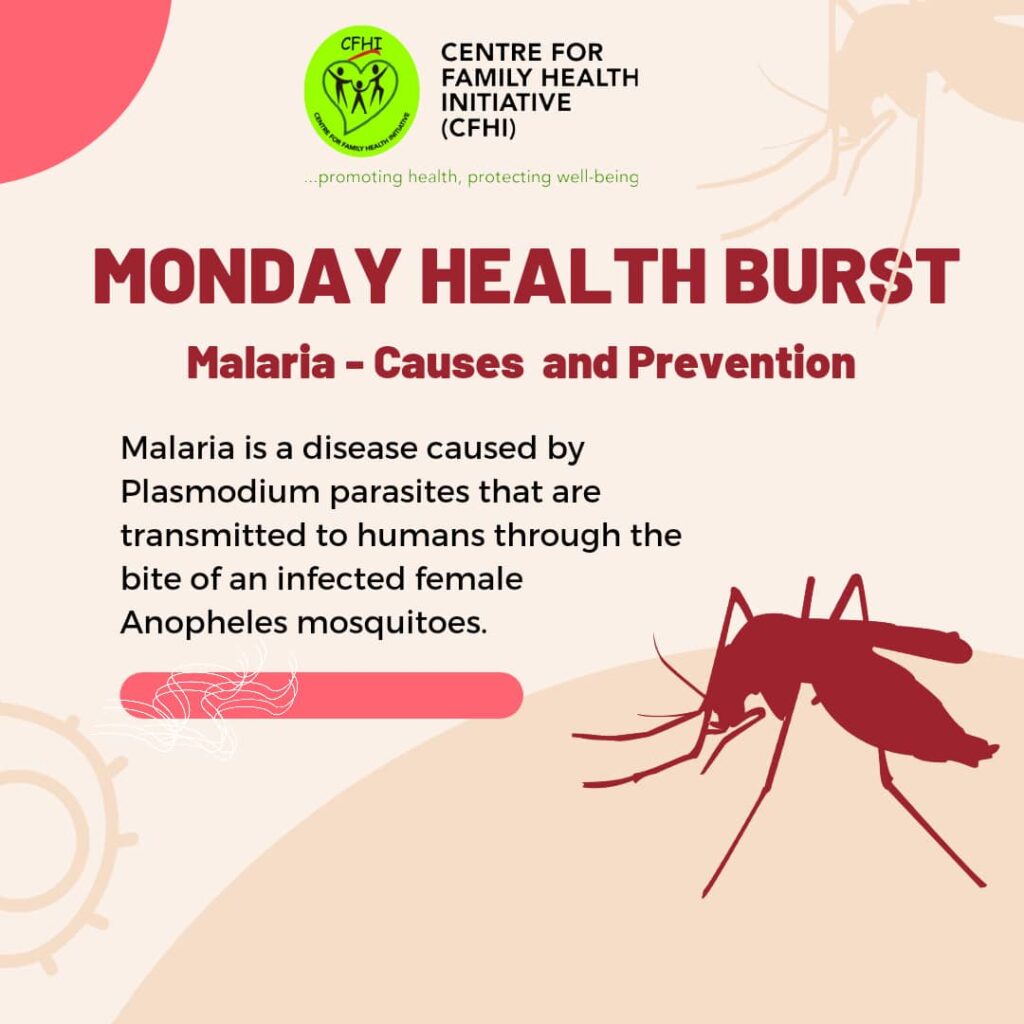Malaria is a serious and potentially deadly disease that affects millions of people around the world every year.
In 2022, the World Health Organisation (WHO) in their World Malaria Report, recorded 619,000 Malaria deaths globally. 31% of those deaths (19,890) occurred in Nigeria.
Malaria is a disease caused by a parasite called Plasmodium, which is transmitted to humans through the bites of infected female mosquitoes.
The Plasmodium parasites P. falciparum, P. vivax, P. ovale, and P. malariae are some of the several species that cause malaria and the most prevalent and deadly strain of the illness is P. falciparum.
Some factors that contribute to the risk of malaria transmission include;
High population density, limited access to healthcare, and poor sanitation.
According to WHO, severe infection is more likely to occur in newborns, children under five, pregnant women, travelers, and those with HIV or AIDS.
Malaria can be prevented by;
The use of antimalarial drugs.
The use of insecticide – treated mosquito nets.
Wearing of protective clothing
The use of insect repellent.
Elimination of mosquito breeding sites like stagnant water and dirty environment.
Early diagnosis and treatment can help prevent the disease from becoming severe or even fatal.
Monday Health Burst is an initiative of CFHI to address issues of basic health concern. Join us every Monday on all our social media platforms for more episodes.
#MondayHealthBurst #Malaria #CausesandPrevention




